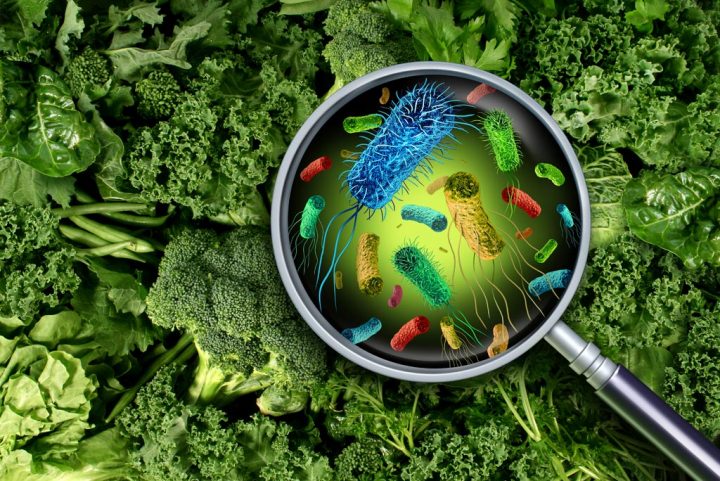
Land Pollution: Effects on environment
Contaminated Water:
Land pollution often finds its way into water bodies through contaminated runoff. Industrial waste, pesticides, and fertilizers leach into rivers, lakes, and groundwater, rendering them unfit for drinking, irrigation, and recreation. This can lead to:
Waterborne diseases: Polluted water harbors harmful bacteria, viruses, and parasites that cause cholera, typhoid, and other waterborne illnesses.
Aquatic ecosystem disruption: Toxic chemicals poison aquatic life, disrupting food chains and leading to biodiversity loss.
Soil degradation:
The overuse of chemicals in agriculture, deforestation, and improper waste disposal deplete the soil of its nutrients and organic matter. This results in:
Reduced agricultural productivity: Polluted and degraded soil yields weaker crops, impacting food security and livelihoods.
Loss of topsoil: Erosion washes away fertile topsoil, leading to desertification and land unsuited for agriculture.
Effects of Land pollution on HUMANS
Contamination Cascade: From Soil to Sickness
One of the most direct consequences of land pollution is the contamination of our food and water sources. Pollutants like chemical fertilizers, pesticides, and industrial waste seep into the soil and groundwater, eventually finding their way onto our plates and into our glasses. This can lead to a range of health problems, including:
Digestive issues: Ingesting contaminated food or water can cause nausea, vomiting, diarrhea, and other gastrointestinal distress.
Cancer: Long-term exposure to certain pollutants, such as arsenic and nitrates, has been linked to an increased risk of developing cancer.
Nervous system disorders: Chemicals like lead and mercury can damage the nervous system, leading to developmental delays, learning disabilities, and even dementia.

Difficulty in Breathing
Breathing in Trouble:br
Air Pollution's Hidden Ally
Land pollution doesn't just stay in the soil; it can also become airborne through processes like dust storms and wind erosion. This contaminated dust, laden with harmful particles, can then exacerbate existing respiratory problems like asthma and bronchitis, and even contribute to the development of new ones. Additionally, the burning of waste materials on polluted land releases harmful toxins and carcinogens into the air, further compromising air quality and posing a threat to lung health.
Effect on mental health
Mental health
The anxiety of living in a polluted environment, coupled with concerns about food and water safety, can take a toll on mental well-being. Studies have linked land pollution to higher rates of depression and anxiety, especially among vulnerable populations.
